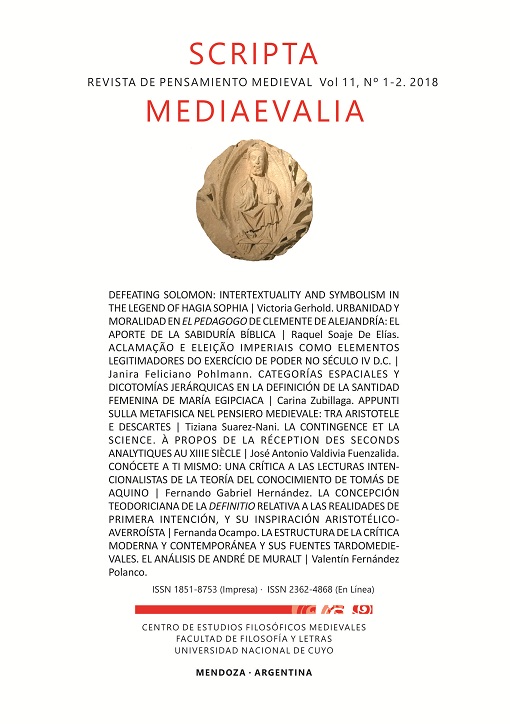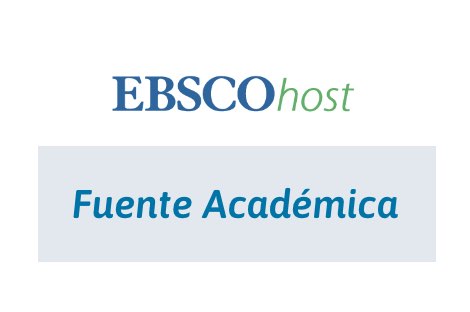Contingency and the Science. Regarding the Posterior Analytics’ reception in the Thirteenth Century
Keywords:
Science, Knowledge, Certainty, Truth, Posterior Analytics, Thirteenth CenturyAbstract
When Posterior Analytics were incorporated into the teachings of the thirteenth century philosophers, the notion of science (scientia) as universal and necessary knowledge obtained from a demonstrative syllogism became predominant. However, this word presented dissimilar meanings in several texts written in this period. As it is natural, this particular situation raises the problem of finding a universal meaning of the word “scientia” that could help to unify this multiplicity of meanings. In this article, Iwill defend the following hypothesis: during the thirteenth century, and in particular in the context of the Posterior Analytics’ academic reception, the word “scientia” presented a broader meaning that is the starting point of the discussion about the notion of demonstration. For this meaning, science would refer to all true and certain knowledge. Accordingly, the notion of science understood as demonstrative, universal, and necessary knowledge should not be separated from that broader meaning.
Published
How to Cite
Issue
Section
License
Copyright (c) 2019 Scripta Mediaevalia

This work is licensed under a Creative Commons Attribution-NonCommercial-ShareAlike 3.0 Unported License.



















